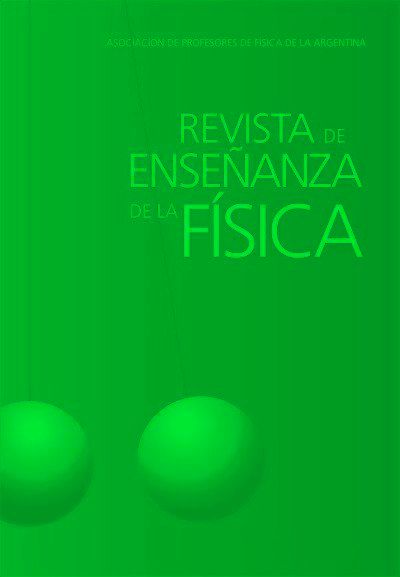Peer-Project Learning methodology: an innovative implementation of the teaching-learning process at the university level in Ecuador
DOI:
https://doi.org/10.55767/2451.6007.v33.n2.35283Keywords:
Peer-Project Learning, Active learning, Educational innovation, Project-based methodologyAbstract
The general structure of the peer-project learning methodology (PPL) is presented in order to offer an alternative educational model,
supported by technology, for higher education in Latin America. The PPL is a student-centered active learning model that allows teachers to change their traditional role of transmitter of knowledge to the role of administrator of the educational process supported by
information technology. Implemented in 2015 by Professor Florencio Pinela, the APP methodology has been adapted to the academic
needs of higher education institutions in Ecuador, combining technological tools with the relevant characteristics of the interactive
models of instruction by pairs and flipped classroom, adding a practical-experimental component to the teaching-learning process.
References
Bybee, R. W. (2010). Advancing STEM education: A 2020 vision. Technology and engineering teacher, 70(1), 30.
Chin, C., Chia, L. G. (2004). Problem-based learning: Using students' questions to drive knowledge construction.
Science education, 5(88), 707-727.
Mazur, E. (1999). Peer instruction: A user’s manual.
Rodríquez Aroca, M. A. (2017). El modelo de aprendizaje activo en la materia Física B como estrategia para mejorar el
rendimiento académico de los estudiantes de ingenierías de la ESPOL. Un caso de estudio. Guayaquil: Universidad Casa
Grande.
Madsen, A., McKagan, S. B., Sayre, E. C. (2017). Best practices for administering concept inventories. The Physics
Teacher, 55(9), 530-536.
Silverthorn, D. U. (2006). Teaching and learning in the interactive classroom. Advances in Physiology Education, 4(30),
135-140.
Downloads
Published
Issue
Section
License
Copyright (c) 2021 Eduardo Montero Montero, Erick Lamilla, Daniela Guzmán, Jorge Roblero, Arturo Pazmino, Esther Gutiérrez, Víctor Velasco, Luis Pabón, Alex Romero

This work is licensed under a Creative Commons Attribution-NonCommercial-NoDerivatives 4.0 International License.
Aquellos autores/as que tengan publicaciones con esta revista, aceptan los términos siguientes:Los autores/as conservarán sus derechos de copiar y redistribuir el material, bajo los términos estipulados en la Licencia de reconocimiento, no comercial, sin obras derivadas de Creative Commons que permite a terceros compartir la obra bajo las siguientes condiciones:
- Reconocimiento — Debe reconocer adecuadamente la autoría, proporcionar un enlace a la licencia e indicar si se han realizado cambios. Puede hacerlo de cualquier manera razonable, pero no de una manera que sugiera que tiene el apoyo del licenciador o lo recibe por el uso que hace.
- NoComercial — No puede utilizar el material para una finalidad comercial.
- SinObraDerivada — Si remezcla, transforma o crea a partir del material, no puede difundir el material modificado.
- Los autores/as podrán adoptar otros acuerdos de licencia no exclusiva de distribución de la versión de la obra publicada (p. ej.: depositarla en un archivo telemático institucional o publicarla en un volumen monográfico) siempre que se indique la publicación inicial en esta revista.
- Se permite y recomienda a los autores/as difundir su obra a través de Internet (p. ej.: en archivos telemáticos institucionales o en su página web) antes y durante el proceso de envío, lo cual puede producir intercambios interesantes y aumentar las citas de la obra publicada. (Véase El efecto del acceso abierto).










